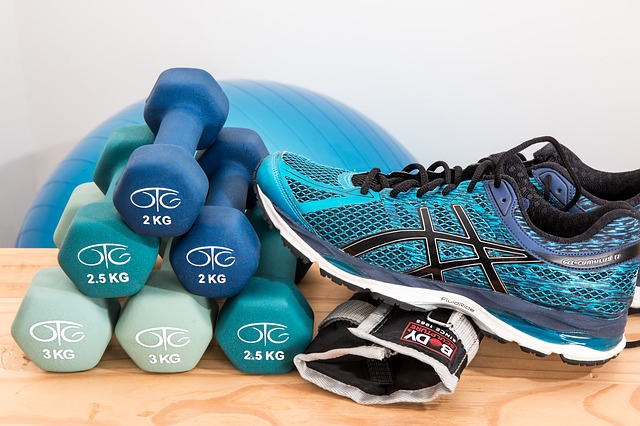Over the last couple of years I’ve read and heard a number of people saying that they don’t do certain things in racing or training, generally with the caveat that “it’s not done me any harm”. This may be true, but is it really the whole picture?
Maximise your gains
Most of us are looking to run faster, further or more easily, therefore adding another element to training, changing something or generally experimenting with any of the variables that impact training and racing is a very good idea. Simply not having a bad experience with something doesn’t mean it’s the best or even right option with your goals and needs in mind.
There are a huge number of factors we can consider, each with several options available.
Training style
There are innumerable combinations of session types, lengths, total weekly mileage, formats of training cycles, lengths of training cycles… you get the point.
What this means is that whatever you’ve done before is unlikely to have been perfect, even professional athletes and their coaches don’t get it right 100% of the time. I’m not talking about changing things radically to train like a professional athlete, but you can make subtle changes to get better results. For example, in one training block I changed from 2 x 6 mile easy runs to 3 x 4 mile easy runs. I kept the same training volume, but felt better rested meaning I could run my interval sessions and long runs far more comfortably or intensely as needed. That’s only going to be a good thing when training to run a marathon PB.
Nutrition
Not taking on carbs during training runs, or taking on very little carbohydrate is surprisingly common. Half marathons in particular regularly see some of the front runners not taking on any carbs and very minimal water. Whilst their body doesn’t NEED the fuel or hydration when running less than say 90 minutes, their brain would benefit and allow better performance. Yes they’re running well, but it could be easier or faster.
This same “I don’t need carbs” approach is sometimes brought into long training runs for a marathon, where people often fuel as little as possible in order to burn more calories, adapt to burn more fat or test their limits. These aren’t crazy ideas, but on race day you’ll have to fuel to run your best time, and if your body hasn’t become used to regular carb intake, you’re then more likely to experience digestive issues if you try to have more carbs than you’re used to, or miss out on a faster time if you stick with low carb intake.
Let’s explore carb intake from another perspective.
Swap brands
If you’re on the high end of carb intake already, e.g. 3 gels every hour, then you can look at swapping brands to optimise your intake. The popular SiS and High 5 gels only have glucose based carbs, meaning 3 gels gets you 60g/hour. Switch to Torq or Tailwind and you can achieve 90g/hour with the same numbers of gels since these also contain fructose.
Why’s this important? Studies show that the ideal carb intake for endurance performance is around 80g/hour with a mixture of glucose and fructose. Compared to glucose alone, studies have shown power output to be around 8% higher when using glucose and fructose in a 2:1 ratio.
What does this mean? Using glucose only gels isn’t harming your performance, but it’s limiting it for sure.
Other training
Not engaging in any strength training or mobility training is another common pitfall for many marathoners. These are generally discussed as injury-prevention or rehab tools, so people who don’t get injured often may well skip them in training, thinking “if it isn’t broken, don’t fix it.”
This again misses the point of training and therefore racing more optimally. The strength training will have big benefits in the latter miles of a marathon when leg fatigue inevitably kicks in, by delaying the onset of tiredness as well as reducing the negative impact/rate of drop off in pace.
There are so many other tweaks that a lack of experimentation completely misses, but I’ll stop here since this blog is already pretty long.
All of the changes I’ve mentioned are fairly small in reality, but can have big benefits. If you’re looking to run a faster marathon, then I challenge you to ditch the “it’s not done me any harm” mindset, and experiment.
Written by Kyle Brooks, Running Coach based in Norwich, Norfolk

